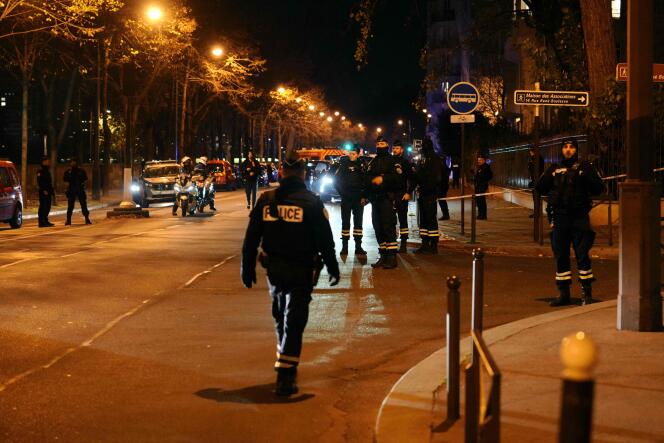
The perpetrator of the attack that left one person dead – a 23-year-old German-Philippino tourist – and two injured, on the evening of Saturday, December 2, in the vicinity of the Eiffel Tower in Paris, had already been tried on terrorism charges. Armand Rajabpour-Miyandoab was sentenced, on March 16, 2018, to five years in prison, including one suspended year, for "association with terrorist criminals" by the 16th chamber of the Paris correctional court.
The 26-year-old French-Iranian is not the first radicalized ex-convict to carry out an attack after his release from prison: Chérif Kouachi had also been convicted of terrorism before committing the Charlie Hebdo massacre in 2015, nine years after he was released. However, as dozens of jihadists will have finished serving their sentences in the next few years, Armand Rajabpour-Miyandoab's act inevitably raises the question of how terrorists are monitored after their release.
This latest knife attack also raises, perhaps first and foremost, the question of psychiatric monitoring of certain radicalized individuals. Armand Rajabpour-Miyandoab had been under psychiatric treatment since his release from prison in 2020 but stopped receiving it in March 2022. Placed in police custody on Saturday evening for terrorist "murder and attempted murder," he told police officers that he was "fed up with seeing Muslims die," particularly in Gaza, and that France was "complicit" with Israel.
You have 87.84% of this article left to read. The rest is for subscribers only.